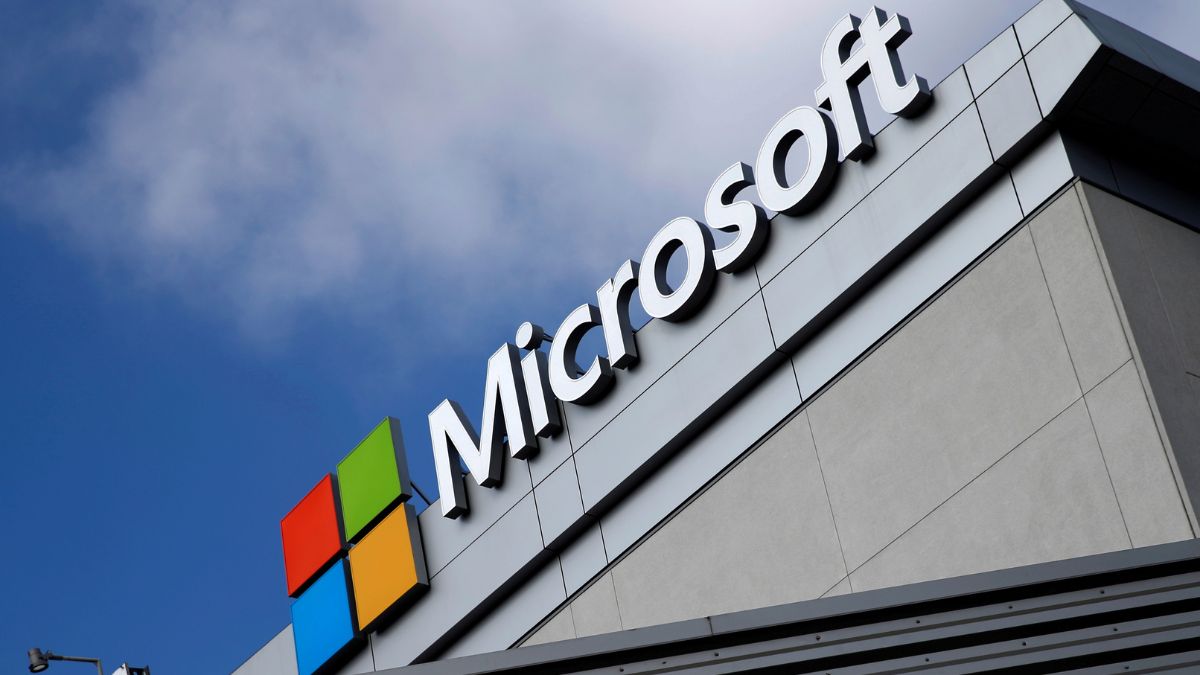Microsoft’s shares declined on Wednesday as the company’s cloud performance overshadowed its stronger-than-expected earnings and revenue results. The decline came despite the company reporting a fiscal fourth-quarter revenue increase of 15% year-over-year and net income rising to $22.04 billion.
Key Financial Metrics:
- Earnings per Share (EPS): $2.95 vs. $2.93 expected
- Revenue: $64.73 billion vs. $64.39 billion expected
- Net Income: $22.04 billion, up from $20.08 billion year-over-year
For the fiscal first quarter, Microsoft forecasted revenue between $63.8 billion and $64.8 billion, representing a growth of approximately 13.8% at the midpoint, though analysts had expected $65.24 billion. The forecast also included $15.25 billion in operating expenses, lower than the consensus estimate of $16.10 billion.
Cloud Performance:
- Intelligent Cloud Revenue: $28.52 billion, up about 19%, but below the $28.68 billion consensus
- Azure and Other Cloud Services Growth: 29%, missing the 31% growth expected by analysts
Microsoft’s cloud unit, particularly its Azure services, is crucial for Wall Street as it competes with Amazon Web Services and Google Cloud in the AI space. Although Azure’s growth was strong, it fell short of expectations and has not missed consensus since 2022. The company noted that demand for Azure AI services exceeded available capacity and reported slightly lower growth in June across parts of Europe.
Microsoft projected fiscal second-quarter Azure revenue growth between 28% and 29% at constant currency, with anticipated faster growth in the latter half of the fiscal year. Analysts had forecasted a 30.6% growth rate for Azure in the second quarter.
Other Business Units:
- Productivity and Business Processes: $20.32 billion in revenue, up 11%, exceeding the $20.13 billion consensus
- More Personal Computing: $15.90 billion in revenue, up 14%, surpassing the $15.49 billion consensus
In the More Personal Computing segment, Microsoft benefited from a strengthening PC market and increased sales of Windows licenses. The company also reported significant growth in gaming, with over 500 million monthly active users following the Activision Blizzard acquisition.
Additionally, Microsoft introduced Surface PCs with AI capabilities that can run certain models locally, and other device makers are also promoting AI-enhanced PCs. The company’s stock has risen 12% year-to-date, compared to a 13% increase in the S&P 500 over the same period.
Despite the overall positive results, the focus remains on the company’s cloud performance and its ability to meet growth expectations in a competitive market.


